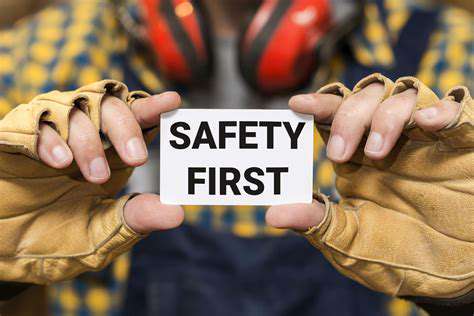How to safely cut your dog’s nails at home
Using the Clippers
Preparing for the Procedure
Before you even think about grabbing those clippers, it's crucial to properly prepare both yourself and your dog. A calm and relaxed atmosphere is key to a successful nail trimming session. Start by getting your dog comfortable with the idea of having their paws handled. Spend some time gently touching and lifting their paws, rewarding them with treats and praise. This will help build trust and reduce any anxiety they might feel during the actual nail trimming.
Gather all your necessary supplies beforehand. This includes the nail clippers (ensure they are the correct size for your dog's nails), a styptic powder (for any potential bleeding), and a comfortable, well-lit workspace. A calm and quiet environment will help your dog stay relaxed and focused, minimizing stress and anxiety.
Understanding Dog Nail Anatomy
Knowing the anatomy of a dog's nail is essential for safe trimming. Dog nails are made up of several layers, and the quick is a crucial part of the nail structure. The quick is a pinkish-red part of the nail that contains blood vessels and nerves. If you cut into the quick, it will cause bleeding and potential discomfort for your dog. Always aim to trim only the white part of the nail, which is the part that isn't sensitive. Observe your dog's nails carefully to identify the quick, and remember that its location might vary depending on the breed and individual dog.
There are different breeds, and some dogs have nails that are harder to trim than others. Understanding your dog's breed's specific characteristics can help you in the trimming process. This knowledge is key to avoiding accidental injury and ensuring a positive experience for both you and your furry friend.
Trimming Your Dog's Nails Safely
Once you've prepared your dog and gathered your supplies, you can begin the nail trimming process. Using steady, even pressure, carefully trim the tips of the nails. Pay close attention to the location of the quick, and be sure to avoid cutting into it. If you do accidentally cut the quick, immediately apply styptic powder to the bleeding area to stop the bleeding. Remember to reward your dog with praise and treats throughout the process to maintain a positive association with nail trimming.
Take your time and don't rush the process. If your dog seems uncomfortable or anxious, stop immediately and try again another time. If you are unsure about any aspect of the procedure, consult a veterinarian or a professional groomer for guidance. Safety should always be your top priority when trimming your dog's nails at home.


- Preventing Heatstroke in Dogs: Essential Tips for Pet Owners
- Effective Ways to Manage Separation Anxiety in Dogs
- How to protect your dog from seasonal allergies
- What to do if your dog is bleeding
- Best dog beds and crates for every breed
- How to help your dog interact well with other pets
- Natural remedies for seasonal allergies in dogs
- Caring for your aging dog’s teeth and gums
- Preparing your dog for grooming during summer
- The best ways to train a dog to stop barking
- Why socializing your dog is important for their health
- How to spot signs of pregnancy in your dog